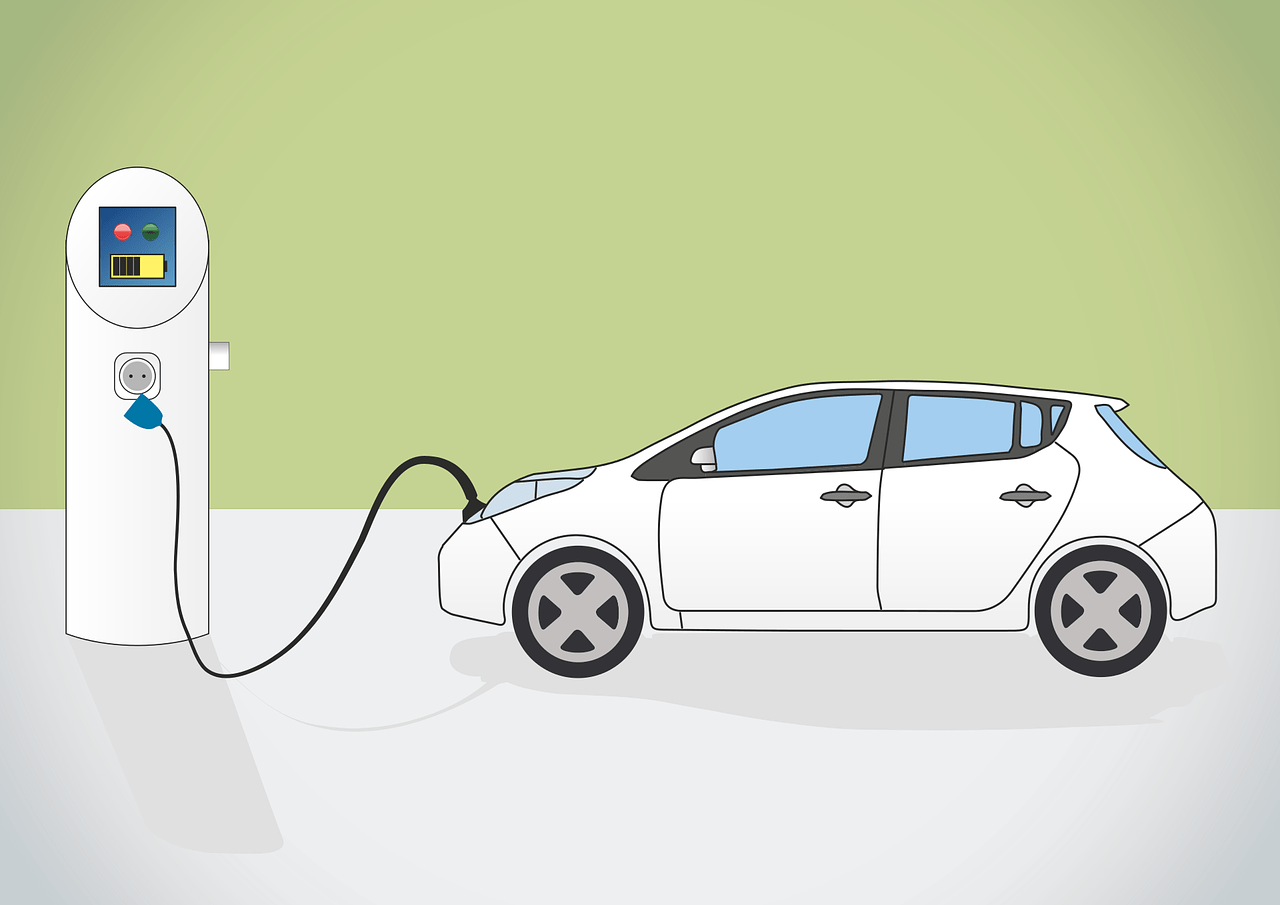Caribbean readiness for electric vehicles

As you drive through the streets of Trinidad and Tobago you may have noticed a few electric vehicles on the road like the Toyota Aqua or Hyundai Ioniq. These electric vehicles (EVs) aren’t new to the market but, increasingly, drivers are enquiring about purchasing their first EV.
The government has made commitments to lower CO2 emissions by 15 per cent by 2030 under the Paris Accord and re-affirmed those during UN COP 26 in November 2021. To make this possible, in October 2021, the Minister of Finance stated that the government would remove all customs duties, motor vehicle tax and VAT on the importation of battery powered EVs as an incentive to consumers to go green.
But, are we truly ready for EVs? Although electric vehicles offer many benefits, they also have some disadvantages when compared to conventional gasoline-powered cars. One of the biggest questions potential electric car buyers face is whether to purchase an EV, plug-in hybrid electric vehicle, or a gasoline-powered new car.
Electric cars are growing in popularity every day. Just like traditional cars, there are certain benefits and drawbacks of using an electric car compared to using a gasoline-powered car. Some of the positives to buying an EV would be the energy efficiency it offers. It, definitely, would save you some cash. In addition, EVs have a much lower emission output and reducing emission intensity means less pollution being created from an environmental perspective. Electronic vehicles also required less maintenance and were cost effective. However, EVs are not able to travel as far as those gas-guzzlers, take much longer to “fuel” and can be capital intensive.
Energy efficiency refers to the amount of energy from the fuel source that is converted into actual energy for powering the vehicle. According to anecdotal evidence, EVs, like Tesla, are far more efficient than gasoline vehicles when it comes to emissions and carbon reduction, including reduced usage of fuel. Because they are powered by rechargeable batteries, driving an electric car does not create any tailpipe emissions, which are a major source of pollution in the Caribbean. In addition, the rechargeable battery means much less money spent on fuel, meaning all energy can be sourced domestically. Electronic vehicles are also high performance vehicles whose motors are not only quiet and smooth but require less maintenance than internal combustion engines such as an oil change.
Looking at the cons of EVs, on average, they have a shorter range than gas-powered cars. Most models range between 60 and 120 miles per charge. For comparison, gas-powered vehicles will average around 300 miles on a full tank of gas, and more fuel efficient vehicles get much higher driving ranges. This may be an issue when looking at EVs if you frequently take long trips. Availability of charging stations can make EVs less suitable for activities like road trips.
Electric vehicles usually have a higher price tag upfront, though you can save money over time since there is generally less maintenance on an EV and it’s less expensive to charge than fuel with gas. Also, while battery packs are more expensive in EVs than conventional vehicles, they last a significant amount of time. So, you’re not likely to have to pay out of pocket for a replacement. More and more automakers than ever are offering EVs, including BMW, Hyundai and Kia.
Trinidad and Tobago is not alone in this trend of deploying electric mobility initiatives. Over the last few years, e-mobility has been gaining momentum in Latin America and the Caribbean with many governments encouraging citizens to reconsider their gas-guzzlers, but I think people are more skeptical about this new and expensive trend.
If you’re considering joining this growing group of EV owners or are just exploring your options, you will likely have a number of questions and considerations.
Subrina Hall-Azih is a Trinidadian educator residing in New York.






